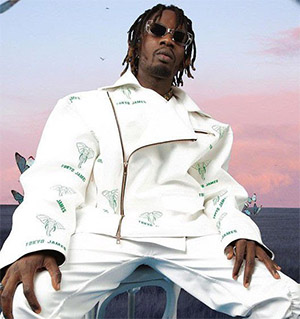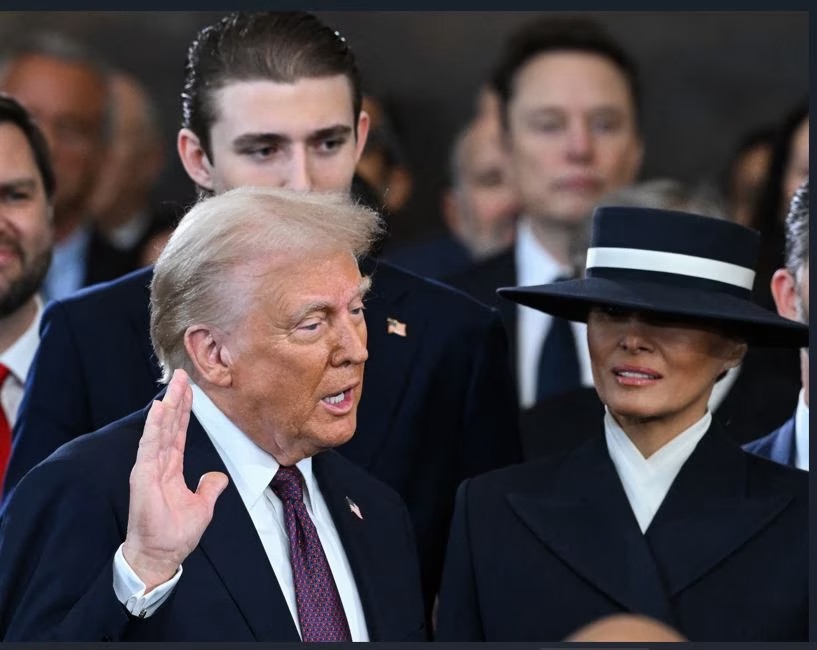In a move that has sent shockwaves through the global health community, President Donald Trump has officially withdrawn the United States from the World Health Organization (WHO). This decision, which has been met with widespread criticism from public health experts, marks a significant shift in the US’s approach to global health leadership.
The decision to withdraw from the WHO has been in the pipeline since July 2020, when President Trump first took steps to sever ties with the organization. However, the move was blocked by former President Joseph Biden Jr. after he won the 2020 election. Now, with Trump back in office, he has cemented this decision, citing the WHO’s handling of the COVID-19 pandemic, failure to implement reforms, and alleged political influence as reasons for the withdrawal.
In an executive order issued just hours after taking the oath of office, Trump claimed that the WHO demands “unfairly onerous payments” from the United States while China pays significantly less. This, he argued, was a key factor in his decision to pull the US out of the organization.
Public health experts have expressed concern that this move could undermine the US’s position as a global health leader and weaken international efforts to combat health crises. The decision has also raised questions about the future of global health initiatives and the role of the US in addressing pandemics and other health emergencies.
As the world grapples with the implications of this decision, it remains to be seen how the US will navigate its new position outside the WHO and what impact this will have on global health efforts.





